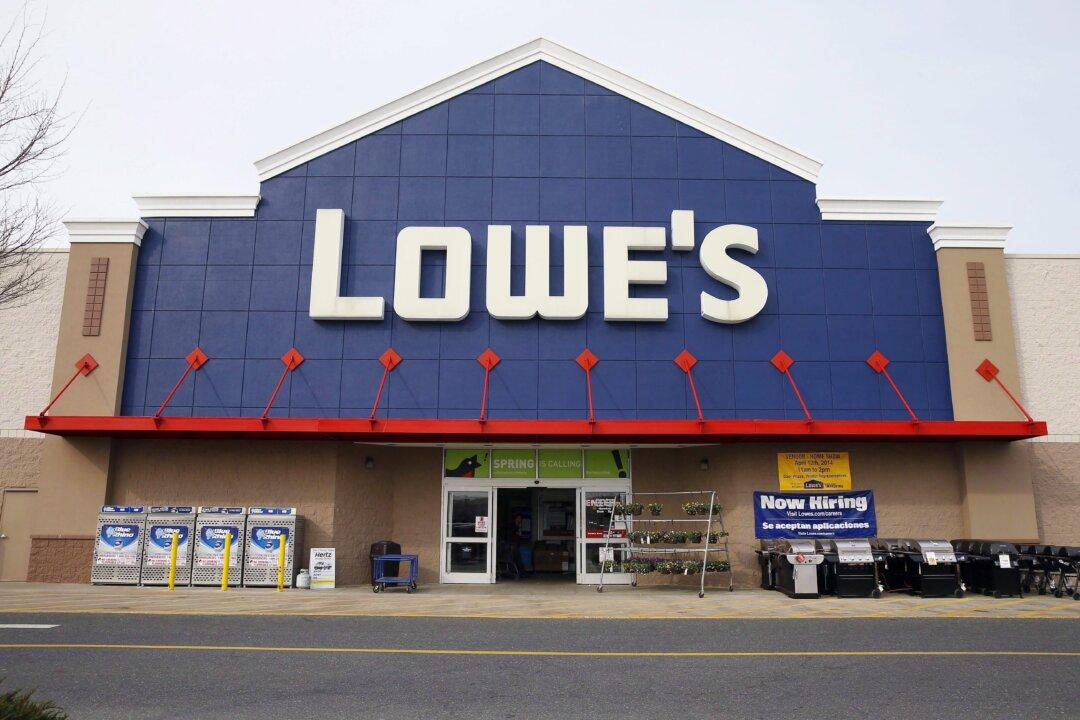TORONTO—The plight of the loonie and low interest rates can make Canadian companies ripe for the pickings, observers said Wednesday, Feb. 3, as U.S. home improvement chain Lowe’s announced its acquisition of Quebec retailer Rona.
Companies paying in U.S. dollars receive a discount thanks to the Canadian dollar, said Perry Sadorsky, an associate professor of economics at York University’s Schulich School of Business in Toronto.
“For international companies, it’s very attractive to buy Canadian companies,” he said.
Retail consultant Wendy Evans predicted the Lowe’s-Rona announcement is likely to be the first of other takeover deals in the offing.
“Particularly with our dollar, this market looks like very good value so there will be others,” she said.
The loonie has not closed above US$0.80 since late June last year. As of Wednesday it was hovering around US$0.72.
The $3.2 billion deal by Lowe’s to buy Rona is partly motivated to pursue a strategic opportunity to become the largest home renovation retailer in Canada, said Jean Rickli, a retail analyst with the JC Williams Group.
But when the price tag translates to roughly US$2.3 billion, the deal is more affordable, he said.





